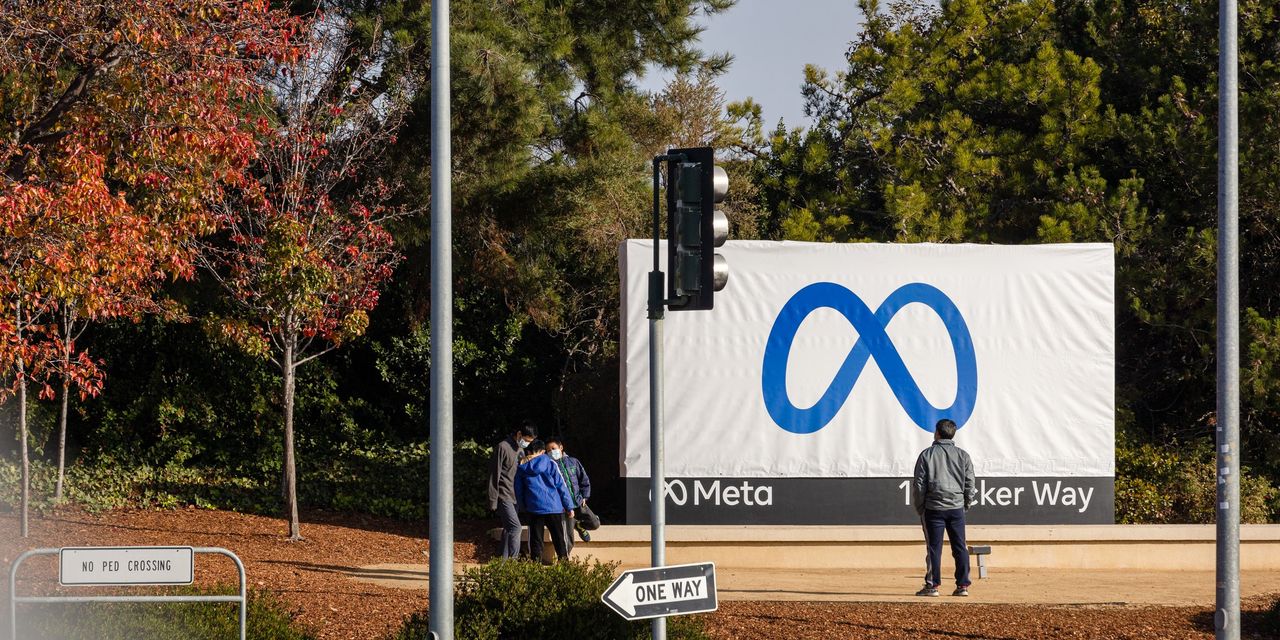
WASHINGTON—A federal judge on Tuesday ruled the Federal Trade Commission can move forward with its revised antitrust case alleging Meta Platforms Inc.’s Facebook FB 1.92% unit is abusing a monopoly position in social media, rejecting the company’s request to dismiss the government’s amended lawsuit.
“Although the agency may well face a tall task down the road in proving its allegations, the court believes that it has now cleared the pleading bar and may proceed to discovery,” U.S. District Judge James Boasberg in Washington, D.C., said in a 48-page opinion.
The FTC first filed its antitrust case against Facebook near the end of 2020, but Judge Boasberg dealt the commission a legal blow last June, dismissing the lawsuit on the grounds that it didn’t offer sufficient allegations that the social-media giant engaged in unlawful monopolization.
The FTC responded with a new version of its complaint, which offered longer, more detailed allegations against the company.
The judge’s Tuesday ruling said the FTC can proceed with its core allegation that Facebook unlawfully sought to suppress competition by buying up potential rivals such as the messaging platform WhatsApp and image-sharing app Instagram. The commission is seeking to unwind those deals.
The judge said the FTC’s rewritten lawsuit did a better job of alleging that Facebook possessed monopoly power and willfully maintained it through anticompetitive conduct. For the purposes of deciding whether to dismiss the case before trial, Judge Boasberg had to assume the government’s allegations were true.
The judge also rejected Facebook’s argument that new FTC Chairwoman Lina Khan should have recused herself from participating in the commission’s decision to refile the lawsuit, which came on a party-line 3-2 vote. The company had argued that Ms. Khan, a leading progressive critic of big tech firms, couldn’t be impartial and had made up her mind before joining the FTC that the company had violated the law.
“Although Khan has undoubtedly expressed views about Facebook’s monopoly power, these views do not suggest the type of ‘axe to grind’ based on personal animosity or financial conflict of interest that has disqualified prosecutors in the past,” Judge Boasberg wrote.
The commission filed the first version of its lawsuit before Ms. Khan joined the commission, and the judge said there was no reason to think her later vote to reinstate it “was based on anything other than her belief in the validity of the allegations. Such behavior does not necessitate recusal.”
The judge, however, did side with Facebook on another issue, ruling that the FTC couldn’t move forward with allegations that the company used strong-arm tactics to weaken competitors, such as preventing third-party app developers from accessing Facebook’s platform.
A Meta spokesman said the ruling narrowed the scope of the FTC’s case. “We’re confident the evidence will reveal the fundamental weakness of the claims,” the spokesman said. “Our investments in Instagram and WhatsApp transformed them into what they are today. They have been good for competition, and good for the people and businesses that choose to use our products.”
Holly Vedova, director of the FTC’s bureau of competition, said the agency’s staff “presented a strong amended complaint, and we look forward to trial.”
A timeline for the case remains unclear, but it could take years to litigate.
Write to Brent Kendall at [email protected]
Copyright ©2022 Dow Jones & Company, Inc. All Rights Reserved. 87990cbe856818d5eddac44c7b1cdeb8
Appeared in the January 12, 2022, print edition as ‘FTC Case Against Facebook To Proceed.’







